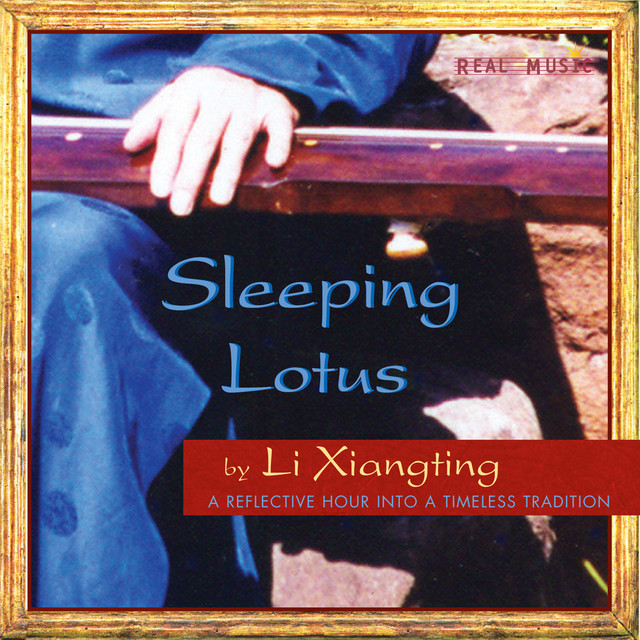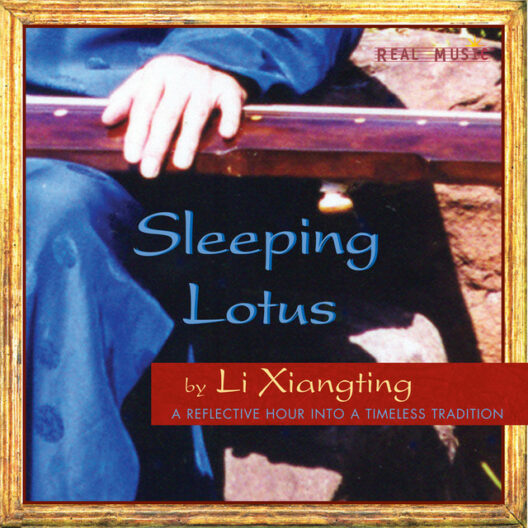This website uses cookies so that we can provide you with the best user experience possible. Cookie information is stored in your browser and performs functions such as recognising you when you return to our website and helping our team to understand which sections of the website you find most interesting and useful.
Professor Li Xiangting
Professor Li Xiangting is acknowledged as one of the most important guqin players of his generation and a distinguished Professor at the Central Conservatory of Music, Beijing. The guqin, a seven-stringed zither-like instrument producing over a hundred harmonics, dates back well over 3,000 years to the origins of Chinese music. By the middle of the twentieth century the guqin had become relatively unknown, with fewer than three hundred living guqin musicians. Since then, and due in large part to Li Xiangting’s teaching and performing, the ancient art of seven-stringed guqin playing has re-emerged.
He began his qin studies in 1957 as a student of the qin master Zha Fuxi and was accepted as a student at the Central Conservatory in 1958, studying under the qin master Wu Jing-lue. Both Zha Fuxi and Wu Jinglue are considered to be two of the greatest qin players of their generation.
Upon graduating in 1963, Professor Li began teaching at the Conservatory, eventually taking over the position of Wu Jing-lue. He is also Vice President of the Beijing Qin Research Association, and advisor and consultant to the North American Guqin Association. Professor Li began improvising on the guqin in the late 1980s, and says his improvisation can be traced back to his xiao (vertical bamboo flute). Finding that few xiao pieces could express his emotions sufficiently, he began revealing his heart through improvised songs. After mastering hundreds of ancient pieces on the guqin, Li Xiangting felt confident to improvise on that instrument as well. Improvisational guqin music, once an important part of guqin playing, died out over a thousand years ago. Professor Li has rescued this lost art and on Sleeping Lotus he performs eleven serene guqin and xiao improvisational tracks with translucent emotion and true mastery of his instruments.
Sleeping Lotus is the first recording of improvisational guqin music ever made in the West. Improvisational guqin music, once an important part of guqin playing, died out over 1000 years ago. With the exception of two recordings by Professor Li, there has never been a full CD of improvisational guqin and xiao music.



